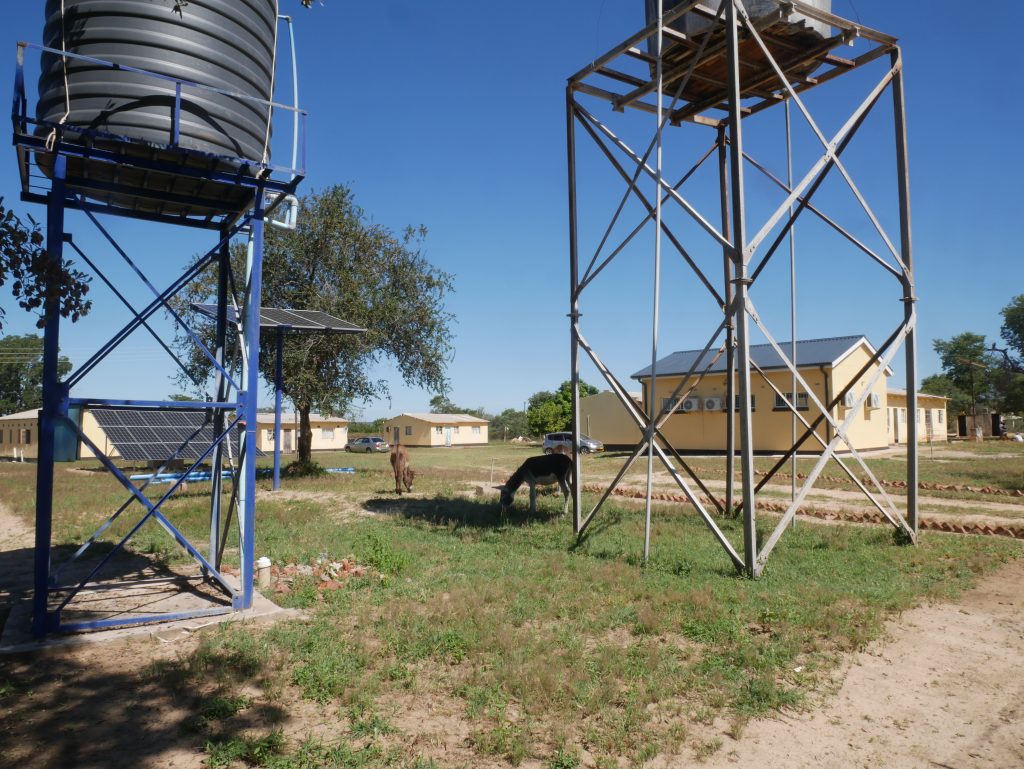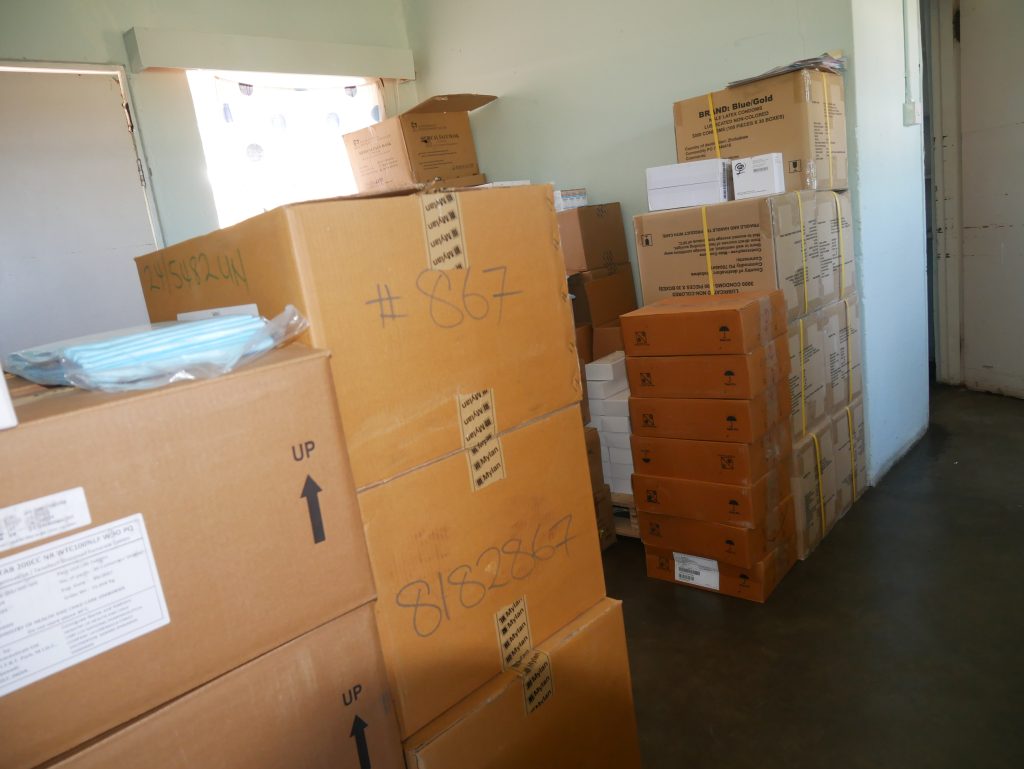Majiji Clinic
Majiji Clinic stands as a vital healthcare cornerstone within the Bubi Rural District Council, one of the five such councils dedicated to serving the health needs of its community. Located in Matabeleland North Province, Zimbabwe, Bubi RDC faces unique challenges inherent to rural settings, including dispersed populations and accessibility issues. In this context, Majiji Clinic plays a crucial role in providing essential medical services, with a particular emphasis on maternal care, directly impacting the well-being of women and newborns in the area.
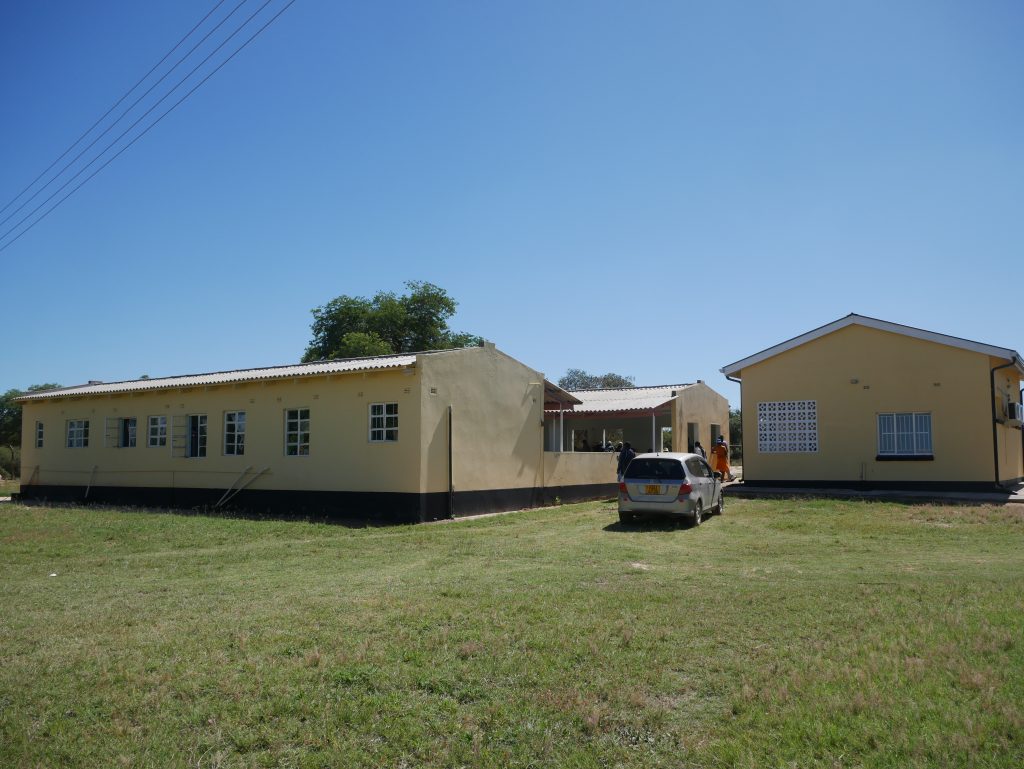
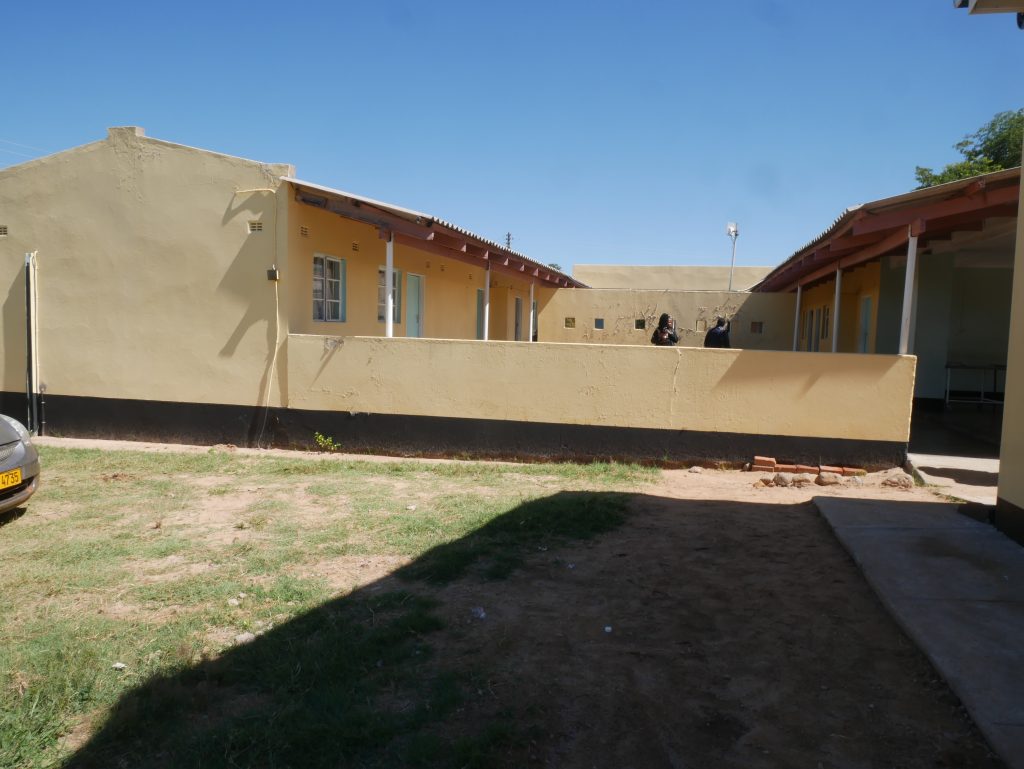
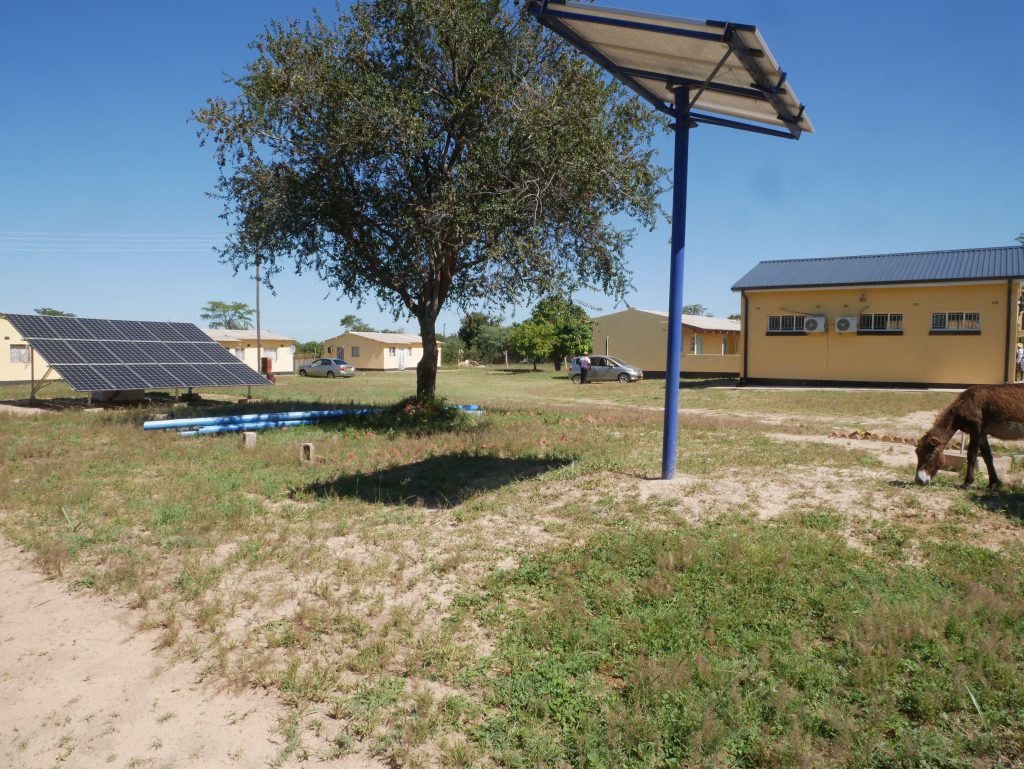
The Bubi Rural District Council oversees a network of clinics, including Majiji, as part of its commitment to delivering healthcare to its constituents. These clinics serve as primary healthcare centers, offering a range of services from basic medical consultations and treatments to specialized care such as antenatal and postnatal services. For women in labor, these clinics are often the first and most crucial point of contact with the formal healthcare system.
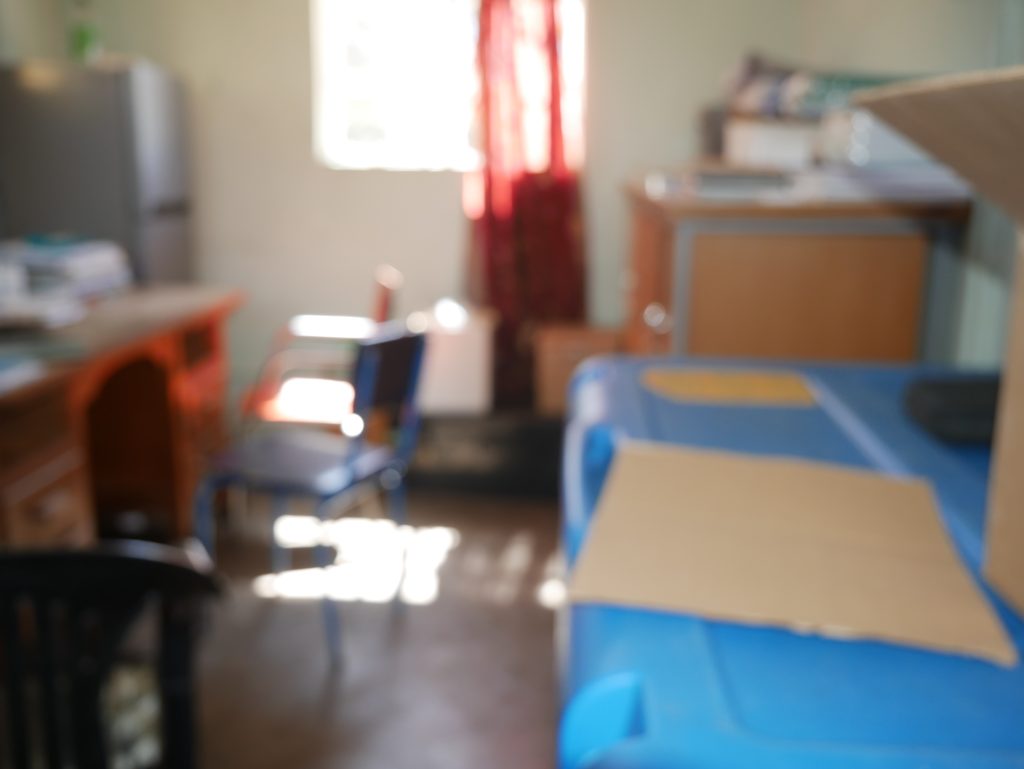
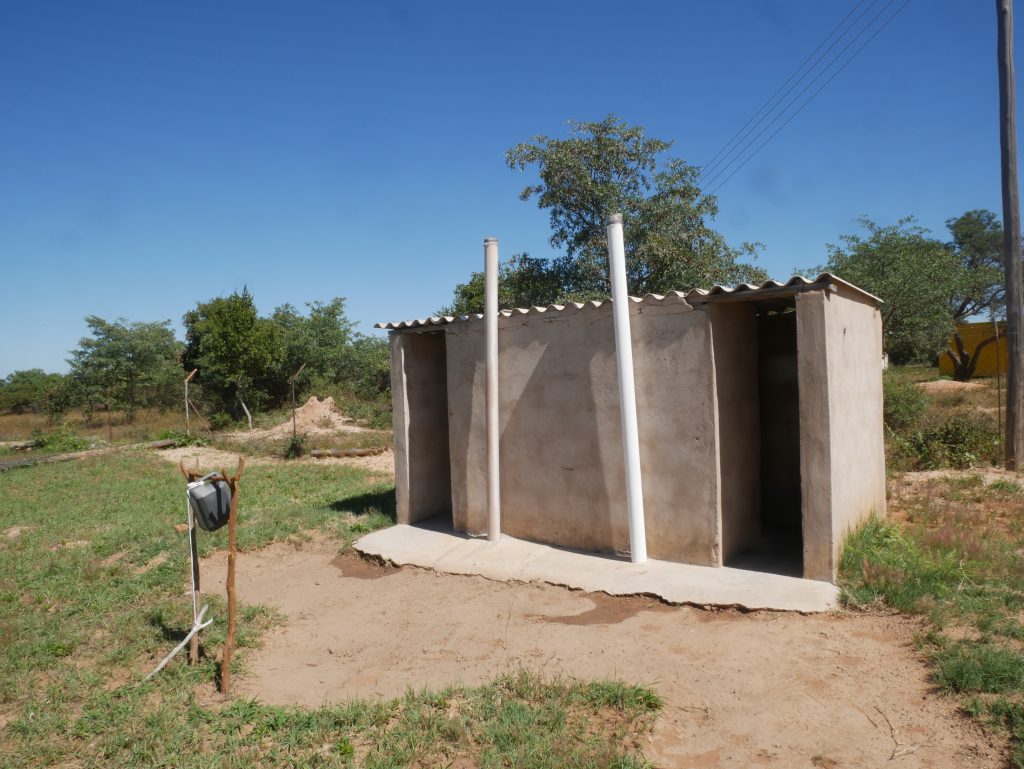
Accessibility to healthcare facilities is a significant concern in rural districts like Bubi. Distances to clinics can be substantial, and transportation challenges, especially during emergencies, can pose serious risks, particularly for pregnant women. News reports highlight instances where villagers have to travel long distances – sometimes over 20 kilometers – to reach facilities like Majiji Clinic. This underscores the critical importance of these local clinics in providing timely care and reducing the risks associated with long journeys, especially during labor.
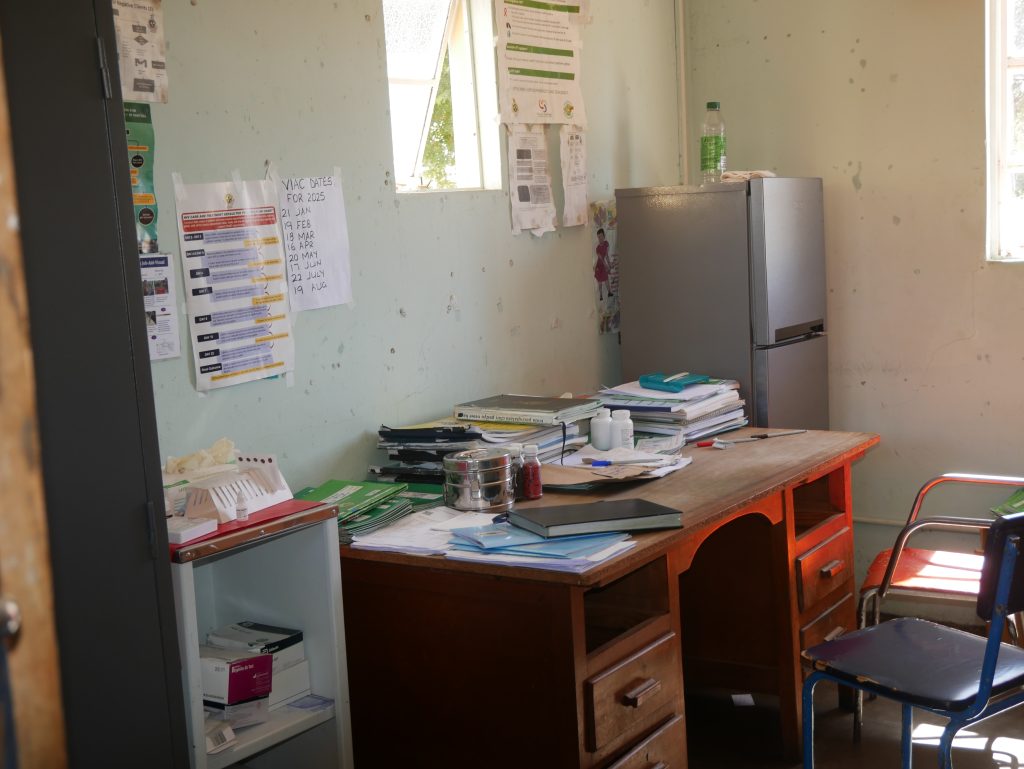
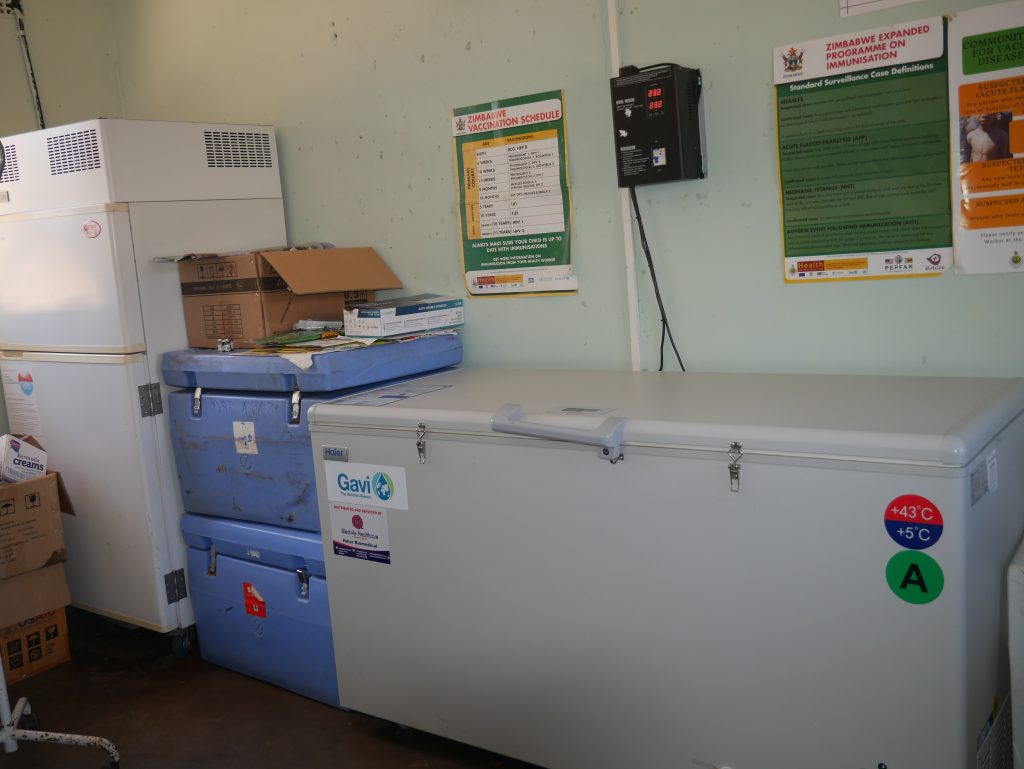
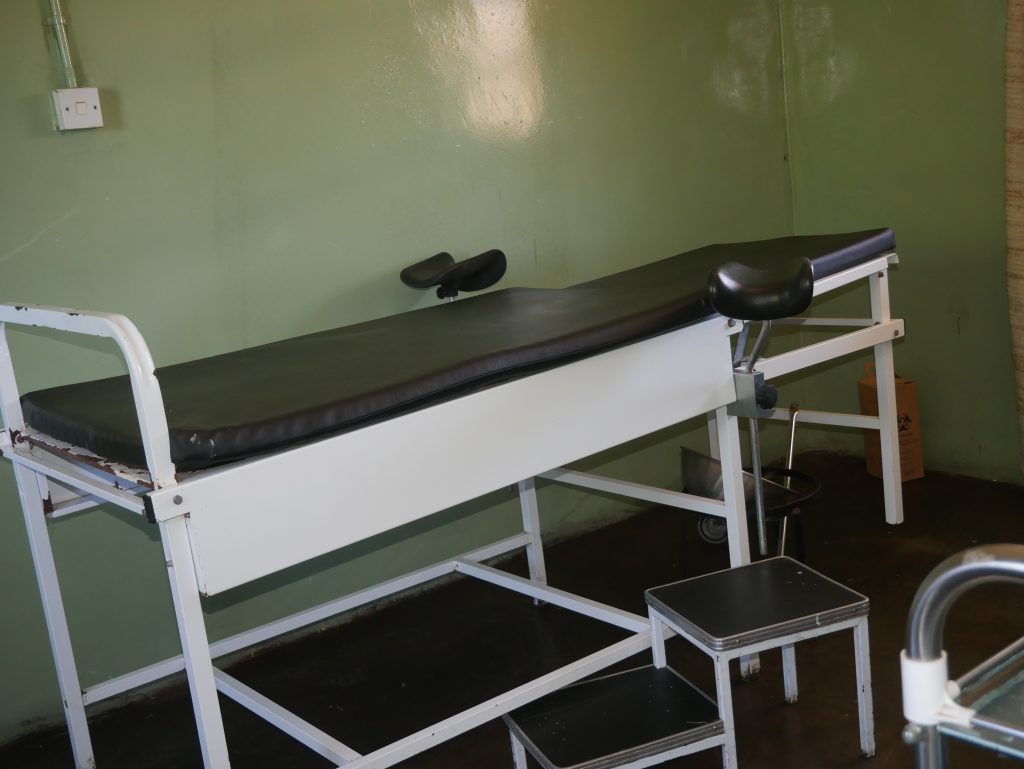
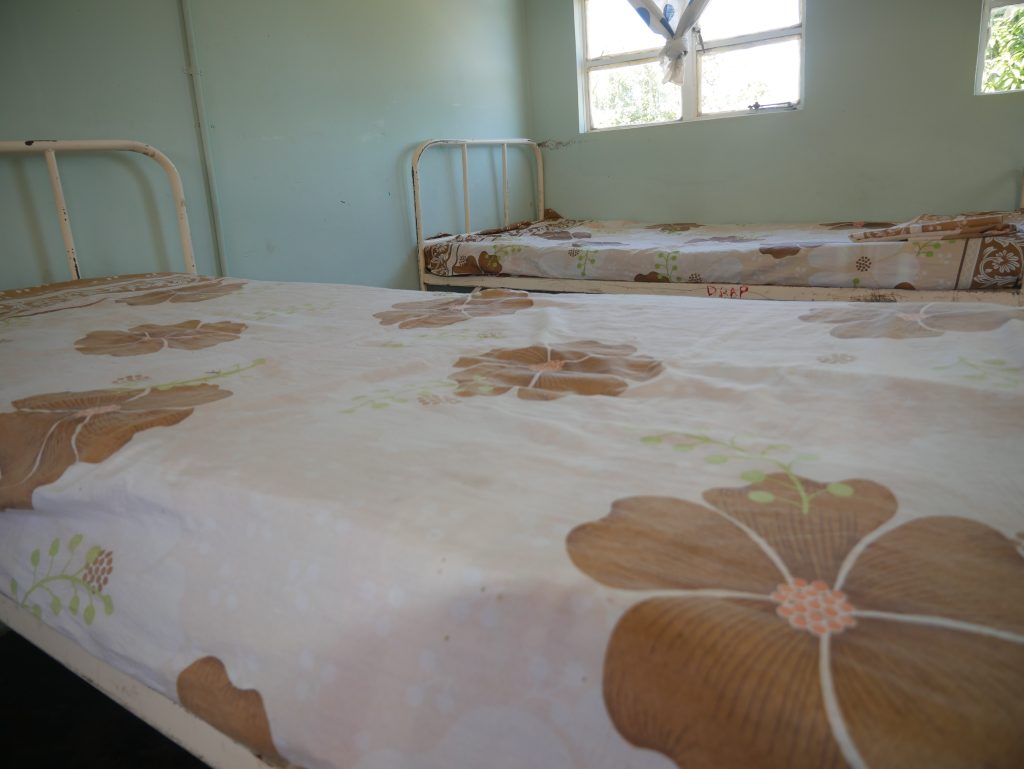
Majiji Clinic, as a local healthcare provider, offers a beacon of hope for expectant mothers in its catchment area. Skilled birth attendants and nurses are often stationed at these clinics, equipped to handle normal deliveries and provide immediate postnatal care. For women experiencing complicated pregnancies or labor, the clinic serves as an initial stabilization point before potential referral to larger district or provincial hospitals if necessary. This initial care can be life-saving, addressing immediate risks such as hemorrhage, infection, and obstructed labor.
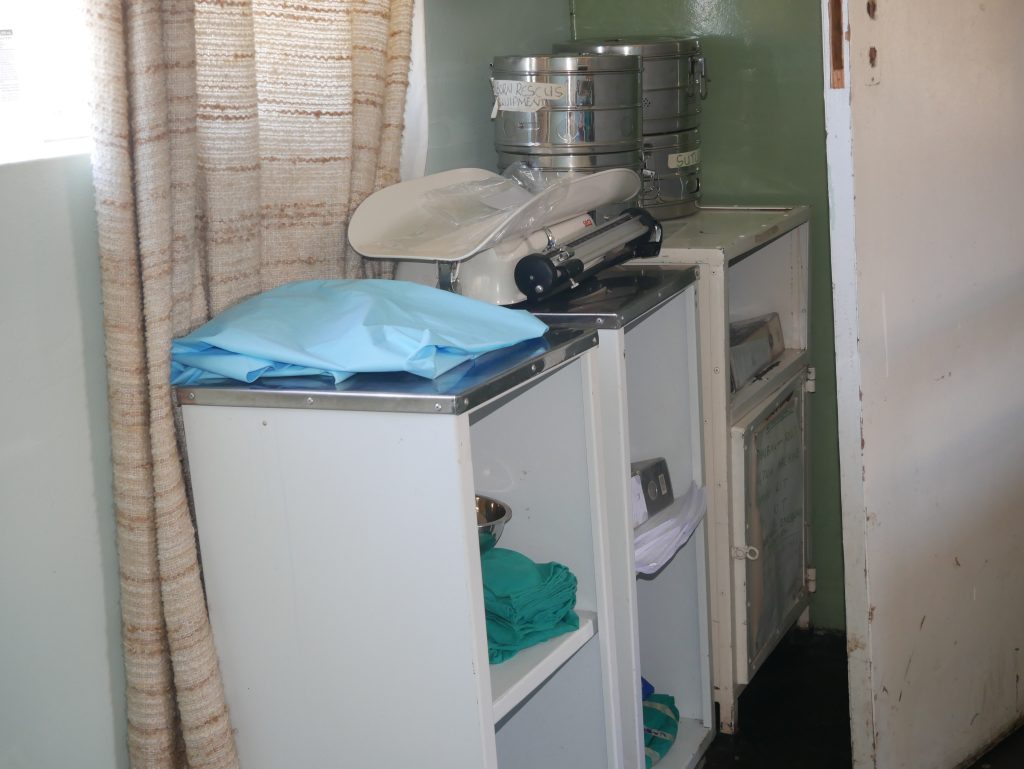
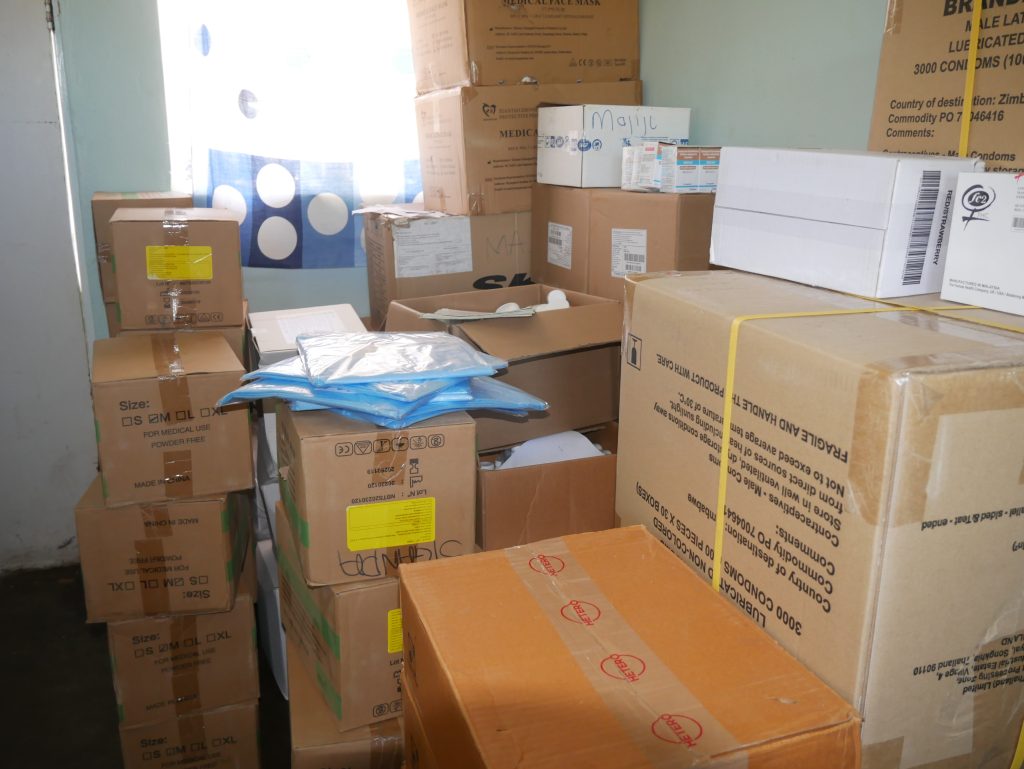
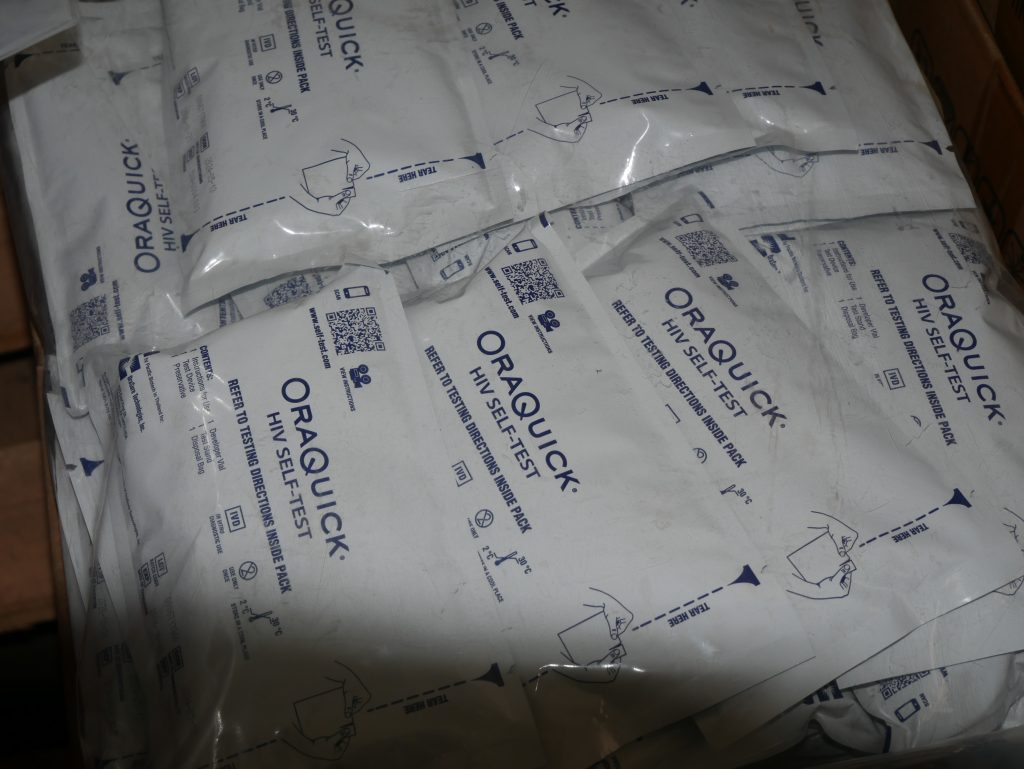
Majiji Clinic, as a local healthcare provider, offers a beacon of hope for expectant mothers in its catchment area. Skilled birth attendants and nurses are often stationed at these clinics, equipped to handle normal deliveries and provide immediate postnatal care. For women experiencing complicated pregnancies or labor, the clinic serves as an initial stabilization point before potential referral to larger district or provincial hospitals if necessary. This initial care can be life-saving, addressing immediate risks such as hemorrhage, infection, and obstructed labor.
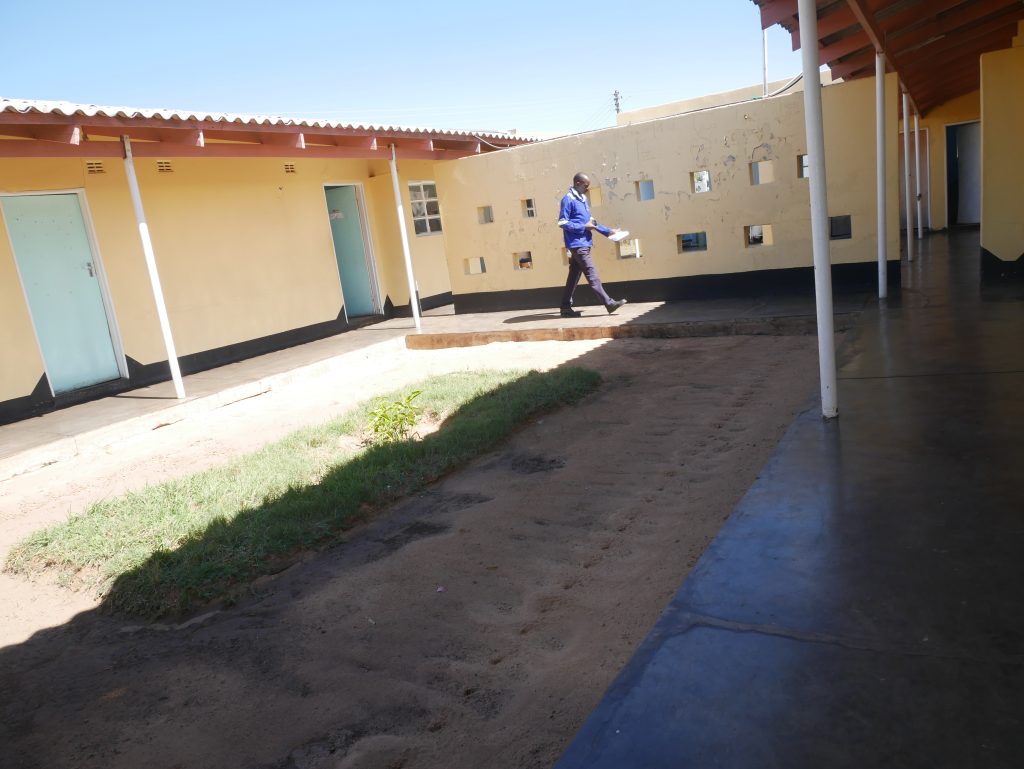
The Bubi Rural District Council actively seeks to improve healthcare infrastructure within its jurisdiction. Reports indicate ongoing efforts to construct new clinics and upgrade existing facilities. These initiatives recognize the importance of bringing healthcare services closer to the people, aligning with the government's goal of ensuring that primary healthcare services are within a reasonable distance for all citizens.
In conclusion, Majiji Clinic is an indispensable healthcare facility within the Bubi Rural District Council. It serves as a critical point of care for the community, particularly for women in labor. By providing essential maternal healthcare services, including antenatal care, safe delivery, and postnatal support, the clinic plays a vital role in improving maternal and newborn health outcomes in a rural setting where access to comprehensive medical care can be challenging. The ongoing efforts of the Bubi RDC to strengthen its healthcare infrastructure, including facilities like Majiji Clinic, are crucial for the well-being and development of the community.
